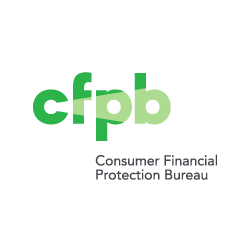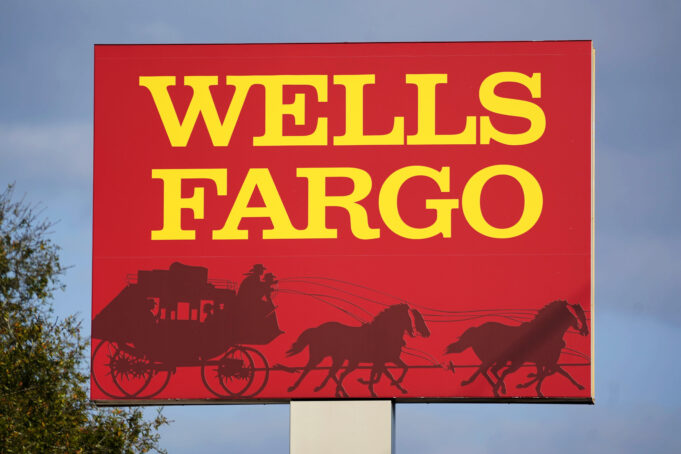The Consumer Financial Protection Bureau (CFPB) fined Wells Fargo $3.7 billion for abusive banking. The bank’s illegal conduct led to billions of dollars in customer financial harm. Thousands had their vehicles and homes wrongly repossessed. Consumers were illegally assessed fees and interest charges on auto and mortgage loans and had payments to auto and mortgage loans misapplied by the bank.
The bank is sending those customers details of how they’ll get their portion—$2 billion-plus—of the settlement with the Consumer Financial Protection Bureau. The bureau estimates that one in three American households has at least one account with Wells Fargo.
“Wells Fargo’s rinse-repeat cycle of violating the law has harmed millions of American families,” bureau director Rohit Chopra said in a statement. “The CFPB is ordering Wells Fargo to refund billions of dollars to consumers across the country. This is an important initial step for accountability and long-term reform of this repeat offender.”

The settlement includes a $1.7 billion penalty and approximately $2 billion in restitution.
According to the December 2022 Consumer Financial Protection Bureau enforcement action, Wells Fargo harmed millions of consumers for several years. The bureau found that Wells Fargo:
• Unlawfully repossessed vehicles and bungled borrower accounts: Wells Fargo had systematic failures in its servicing of automobile loans that resulted in $1.3 billion in harm across more than 11 million accounts.
• Improperly denied mortgage modifications: During at least a seven-year period, the bank improperly denied thousands of mortgage loan modifications, which in some cases led to Wells Fargo customers losing their homes to wrongful foreclosures. The bank knew this was going on and did nothing.
• Illegally charged surprise overdraft fees: For years, Wells Fargo unfairly charged surprise overdraft fees—fees charged even though consumers had enough money in their account to cover the transaction at the time the bank authorized it—on debit card transactions and ATM withdrawals.
• Unlawfully froze consumer accounts and mispresented fee waivers: The bank froze more than one million consumer accounts based on a faulty automated filter’s determination that there may have been a fraudulent deposit, even when it could have taken other actions that would have not harmed customers.
“Wells Fargo is a repeat offender for abusive customer practices, and it is critical that the CFPB holds the lender accountable for its illegal conduct. CFPB is the only financial regulator dedicated to protecting consumers, and voters repeatedly have expressed support for the vital work of this regulatory watchdog,” explained Mike Calhoun, president of the Center for Responsible Lending in a statement.
“Key to CFPB’s effectiveness has been its laser focus on protecting consumers and its depoliticized funding free from the corrosive influence of political ideologies and financial industry lobbyists. This victory for consumers is a clear example of why Congress and the courts should keep the CFPB’s funding independent,” his statement continued.
For customers affected by automobile repossessions, they could be reimbursed at least $4,000. Wells Fargo will also pay $77.2 million to approximately 3,200 customers who had issues modifying their loan payments to avoid foreclosure.
This is not the first time Wells Fargo has been cited for abusive banking. In 2016, the Consumer Financial Protection Bureau, the Office of the Comptroller of the Currency, and the City and County of Los Angeles fined the bank $185 million for the creation of 1.5 million fake deposit accounts and more than 500,000 fake credit cards, all in customers’ names and without their permission.
That same year the Office of the Comptroller of the Currency assessed a $20 million civil money penalty against Wells Fargo Bank, for improperly repossessing the cars of members of the military. The office ordered the bank to make restitution of over $10 million to wronged servicemembers.
Fast forward to 2020, where a report found that more than half of Black homeowners looking to refinance their home loans were rejected when applying at Wells Fargo. The report found that only 47 percent of Black home loan refinancing applicants at Wells Fargo were approved in 2020, compared to 72 percent of White applicants, according to data examined by Bloomberg News.
The report found that income for Black borrowers was not the issue. Wells Fargo’s approval rates for the lowest-income White families were nearly the same as their rates of approval for high-income Black families—those earning at least $168,000 annually. However, when comparing lower-income Black and White applicants, both earning a maximum of $63,000 a year, the approval rates nearly doubled for Whites.













